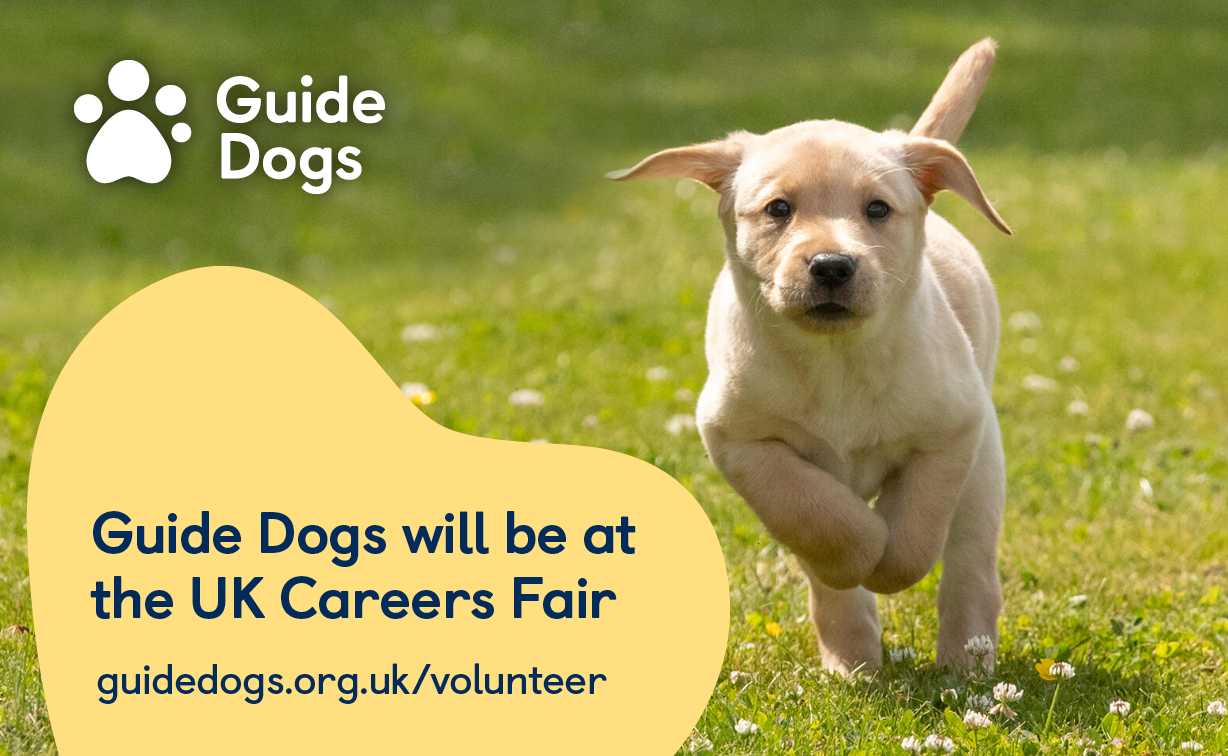German shepherds are intelligent, adaptable, loyal and loving, and they work as guide dogs across the UK. And yet, more than a quarter of the public (27%) think they are an aggressive dog breed, despite most never having a bad experience with one.
This common misconception is affecting the number of volunteers willing to look after a German shepherd guide dog mum or future guide dog.
It seems a German shepherd’s appearance can be deceptive when it comes to most people's experiences. Over a third (38%) believe they look frightening compared to other breeds, because of their wolf-like face (67%), large size (67%) and sharp, pointed ears (33%). Only 12% of Brits have had a negative experience with one however, such as being barked at (52%) or stared at (22%).
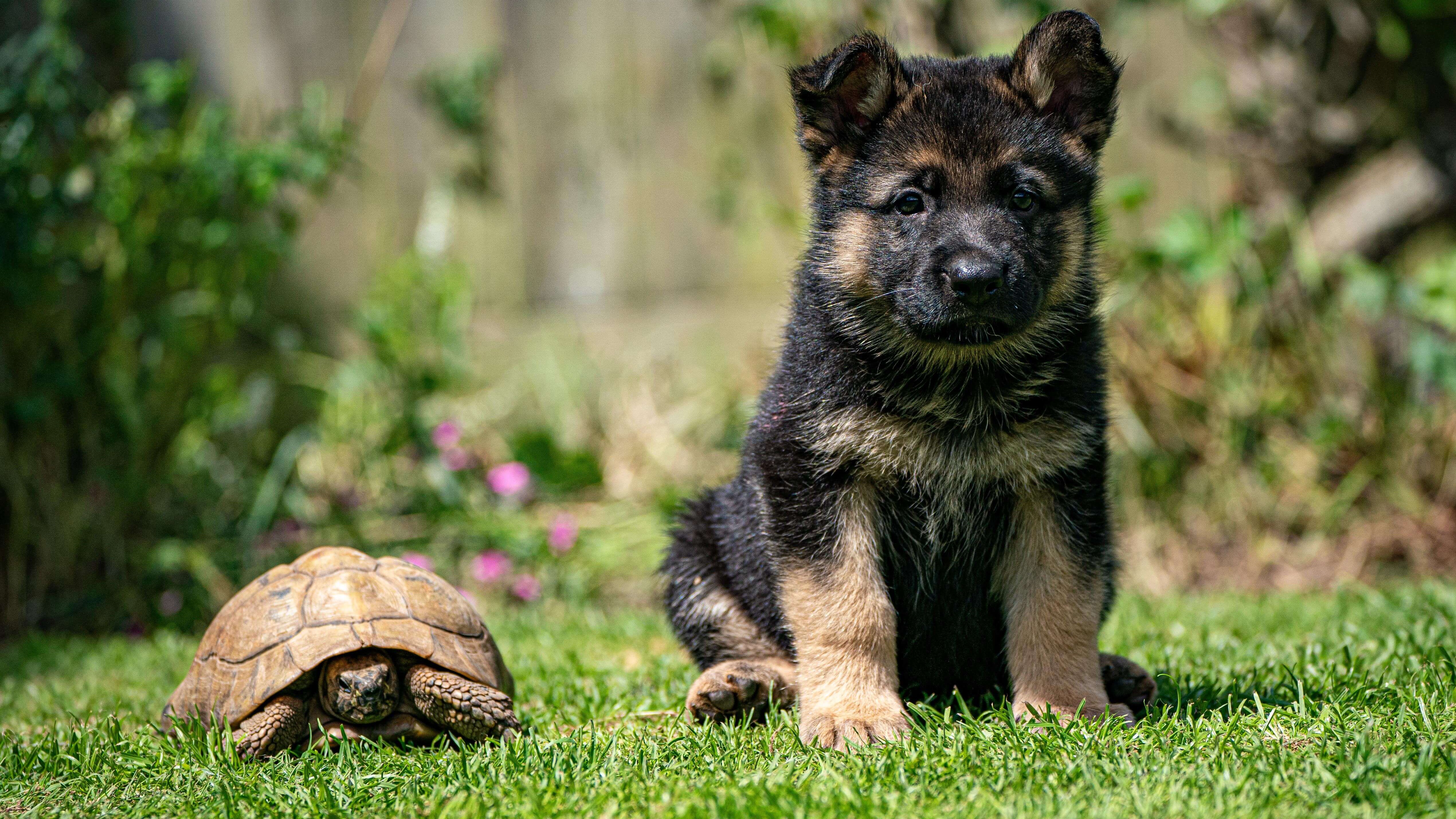
Only 55% of people surveyed thought a German shepherd had the ability to be an assistance dog, compared to Labradors (80%). In reality German shepherds have life-changing roles as guide dogs for adults and even buddy dogs for children with visual impairment.
Elaine Perry, from North Lanarkshire, Scotland, has been partnered with her German shepherd guide dog Arthur since July last year. They are pictured below.
She said: “Prior to being matched with Arthur I had no experience of the breed but I just fell in love with him immediately. He is an exceptionally clever guide dog and will focus brilliantly in busy places. People are much more wary of Arthur than my two previous golden retriever-type guide dogs; I felt they could get away with being naughty sometimes whereas Arthur always has to be on best behaviour, as otherwise he’ll be seen as aggressive. Other dog walkers will avoid us when I let him off-lead at the park, and many taxi drivers do not like him. People just do not see German shepherds as guide dogs and twice I have been chased by security guards asking me to leave shopping centres with Arthur.”
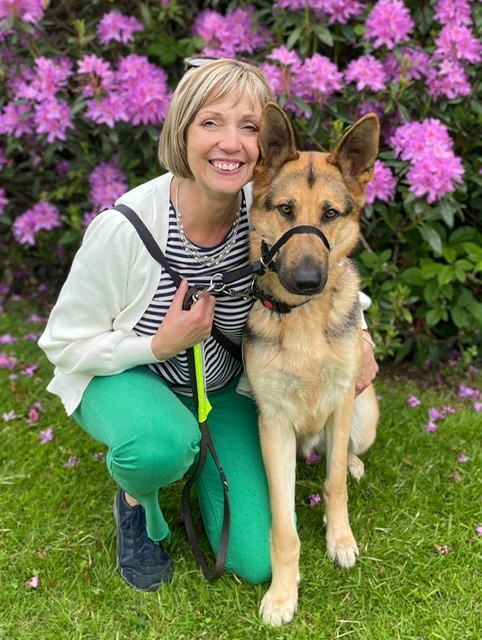
A guide dog owner since 1989, Jill Whitmore from Cheshire has only been paired with German shepherds over the last 34 years. Her last guide dog Troy, pictured below, sadly passed away, and Jill is waiting for her next guide dog - which will definitely be a German shepherd.
Jill said: “They really are the best breed in the world; their kindness, loyalty and intelligence are unmatched. They work so well as guide dogs and have an incredible memory for routes and different places. I wouldn’t want any other. However, some people refuse to believe they can be guide dogs and will try and stop me from going into shops and restaurants. People find them scary - my friends tell me people have crossed the road to avoid us.”
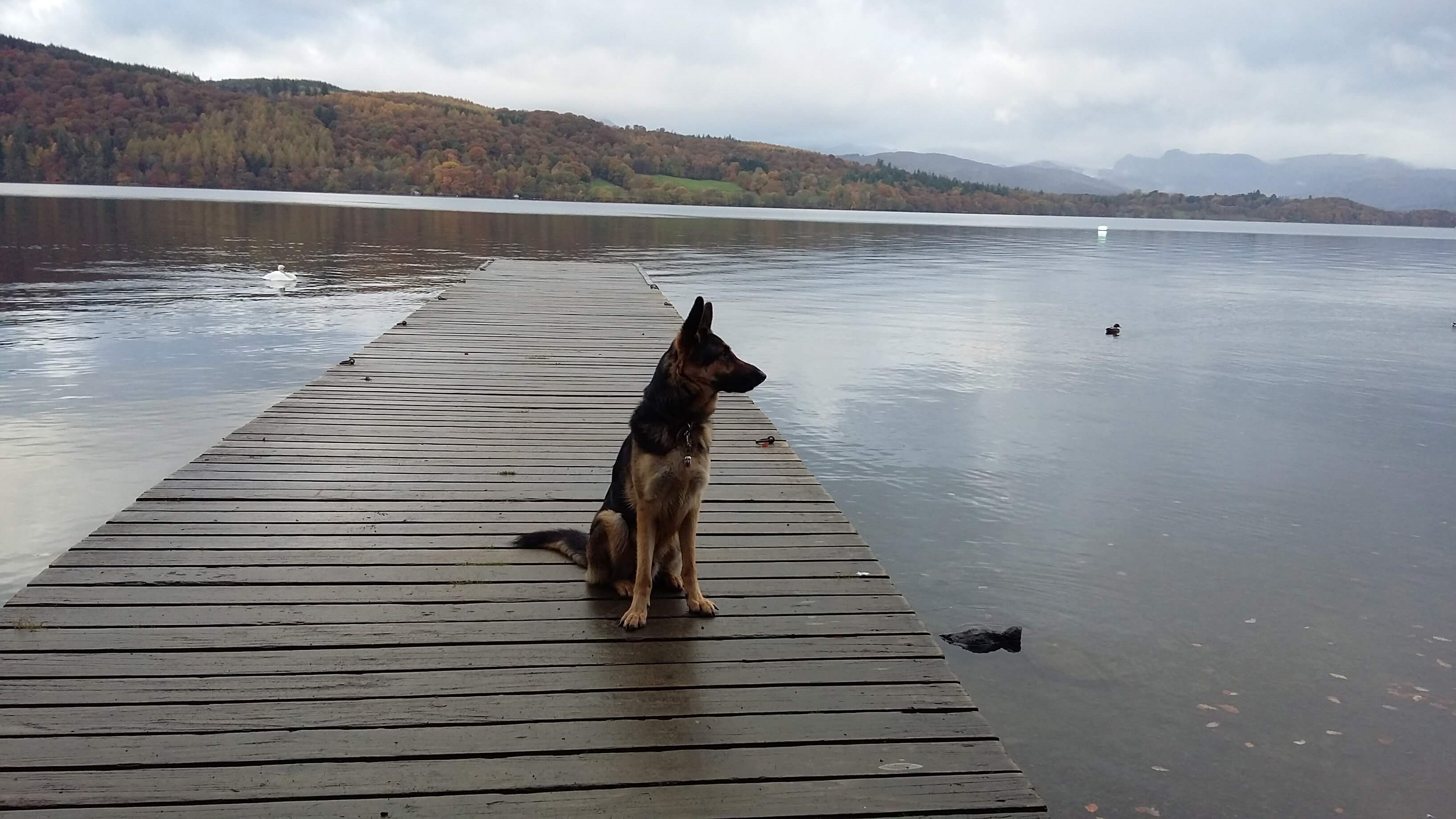
Lesley and Steve Cox have been volunteer Breeding Dog Holders for Guide Dogs for decades, and look after guide dog mum Unity, a German shepherd. Lesley said, “Unity has the sweetest nature and loves everyone instantly. She is a wonderful mother and has the patience of a saint with her current litter of nine guide dog puppies, as well as our pet tortoises, terrier, and cat. But nevertheless, people are frightened of her. Every day, without fail, people walk far away from us, so they don’t cross paths with her. It’s sad; people don’t realise how lovely they are.”
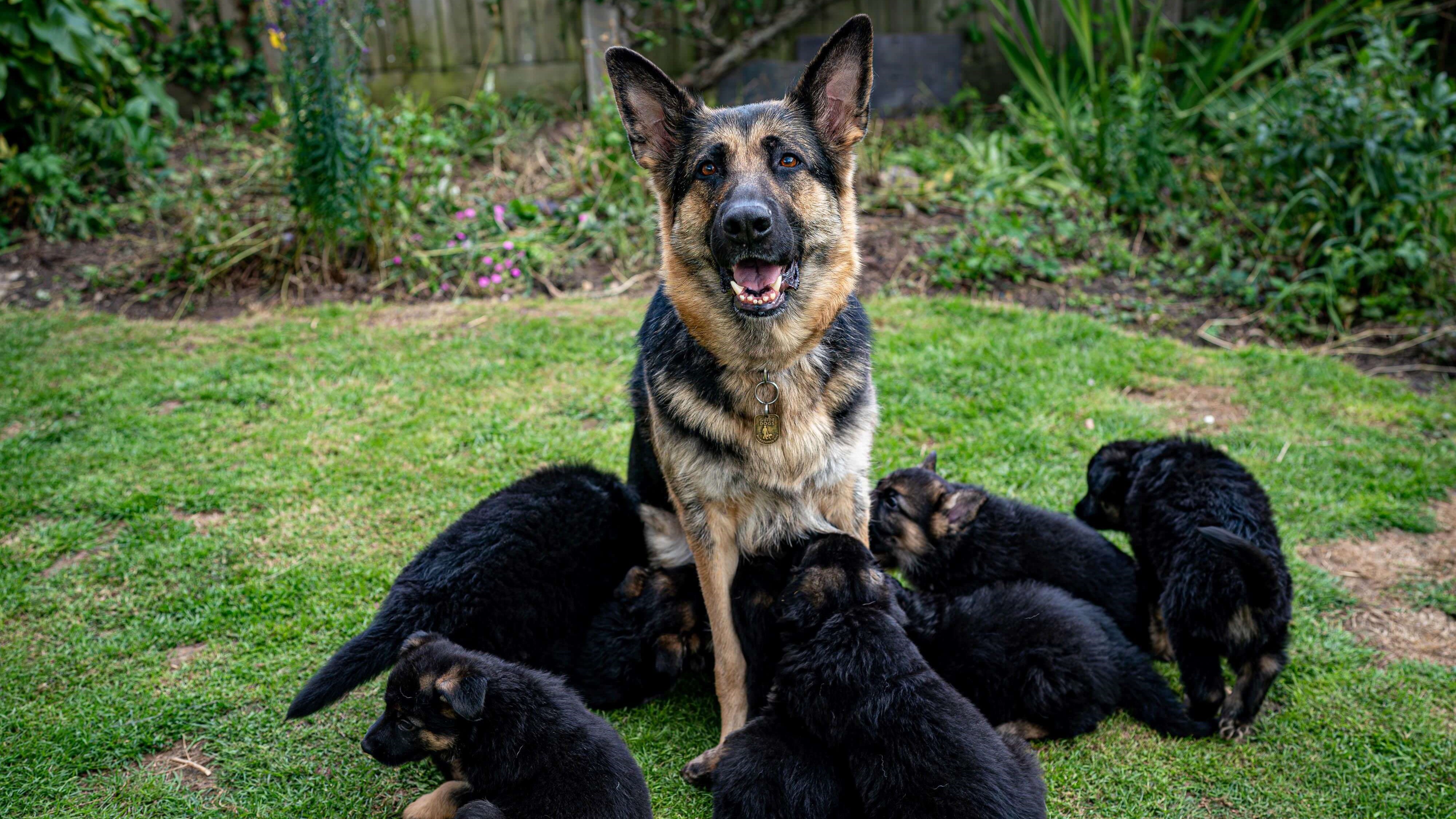
Tim Stafford, Director of Canine Affairs at Guide Dogs, said, “German shepherds do not deserve the negative reputation they seem to carry. Like any other active dog breed, they can behave poorly if they don’t get the physical exercise and mental stimulation they need. But German shepherds are loyal, adaptable and incredibly intelligent, making them excellent guide dogs for those who want a fast-moving and focused companion. In fact, German shepherds were the very first guide dogs in the UK back in 1931.
“It would be wonderful if more people recognised the companionship and independence they give to people with sight loss. In particular, we need more enthusiastic volunteers who love German shepherds to help us raise the next generation of these guide dogs.”



